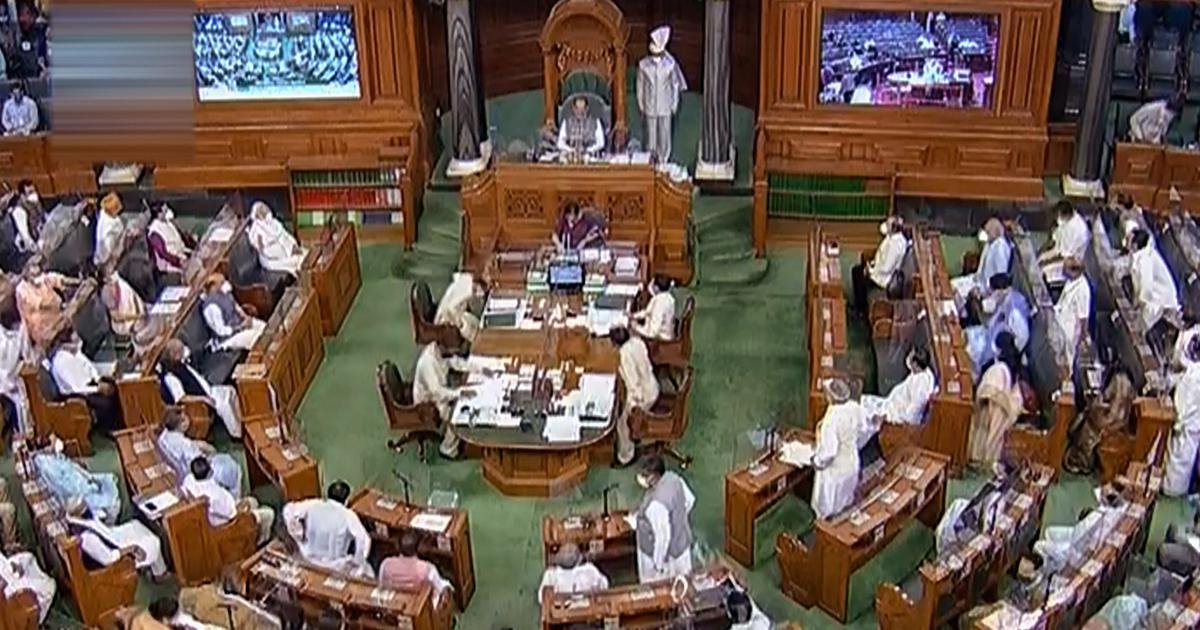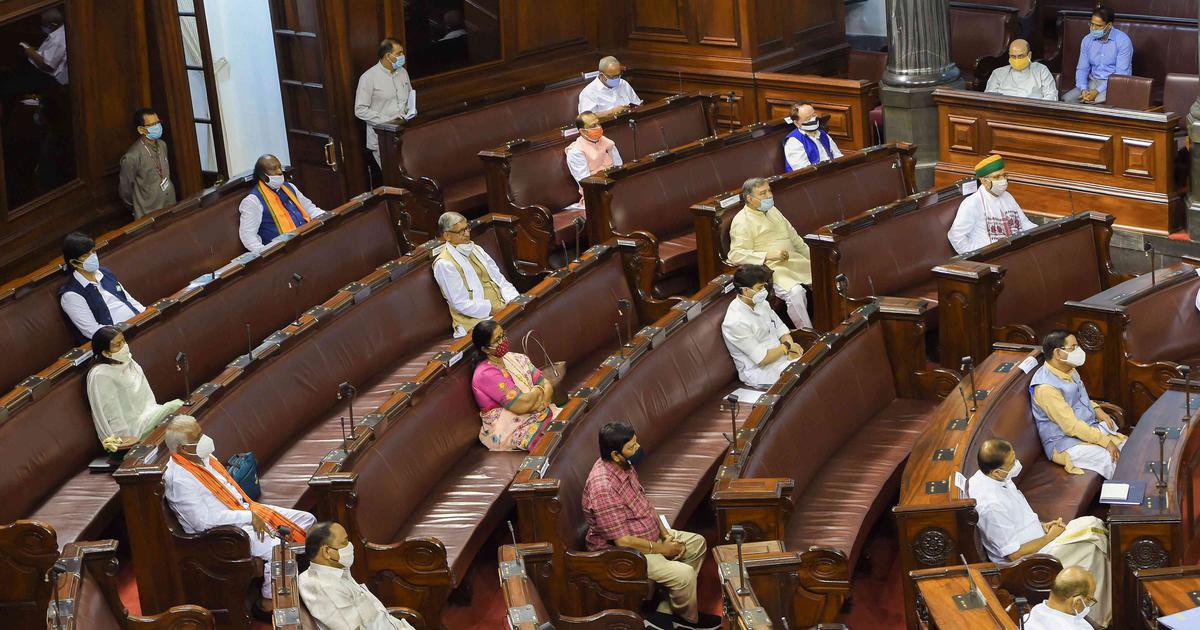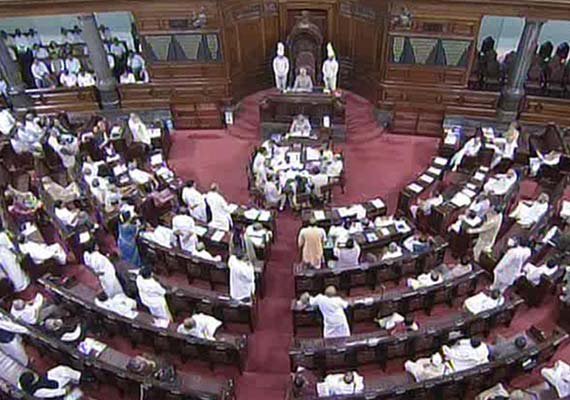Monsoon session of the parliament is taking place from September 14 to October 1 this year. But this is only a truncated version of the session due to the pandemic.
Apart from that the Lok Sabha and Rajya Sabha secretariats also informed the Member of Parliaments that there will be no Question Hour and Zero Hour will be restricted during this Monsoon session.
For the first time in parliament history, there will be NO question hour in a REGULAR parliament session because of COVID. What does this mean for one of the great traditions of parliament? And is the session only being called then as a symbolic ritual?
— Rajdeep Sardesai (@sardesairajdeep) September 2, 2020
No ‘question hour’! #MonsoonSession @sifydotcom cartoon pic.twitter.com/nBSIjrqyHF
— Satish Acharya (@satishacharya) September 2, 2020
It is our democratic right for elected representatives to ask questions of the Govt on our behalf. Esp, now when there are questions to be asked about the Economy, Covid, China, Unemployment, PM CARE fund, fuel prices, GST dues to the states. https://t.co/d3e9CXhhLk
— Faye DSouza (@fayedsouza) September 2, 2020
Many claimed it to be an attempt to curb the democratic rights of parliamentarians who represent us the voters and question government policy or decisions.
MPs required to submit Qs for Question Hour in #Parliament 15 days in advance. Session starts 14 Sept. So Q Hour cancelled ? Oppn MPs lose right to Q govt. A first since 1950 ? Parliament overall working hours remain same so why cancel Q Hour?Pandemic excuse to murder democracy
— Derek O’Brien | ডেরেক ও’ব্রায়েন (@derekobrienmp) September 2, 2020
Especially in the times of a pandemic, there are a lot of questions that people want answers to. But first, let’s look at what is Question Hour and Zero Hour.
Question Hour
Question Hour is the most liveliest and important time in a parliament session. Members of Parliament ask questions to Ministers about their ministries. Mostly, MPs questions their way or working or to elicit a response and triggers an action by the Ministers.

Usually, the first hour of a parliamentary sitting is reserved for the Question Hour and the presiding officers of the two houses remain the final authority on how to conduct the Question Hour. In 2014, Question Hour timings were changed by Hamid Ansari to 11 am to 12 noon to prevent disruptions.

Zero Hour
Although the rules of procedure do not say anything about Zero Hour, it is considered to be an Indian innovation which started in the first decade of the Parliament. Members of Parliament felt the need to raise important issues related to their constituencies and other issues of national importance.

Earlier Parliament used to break for lunch at 1 PM. MPs would be allowed to raise issues at 12 noon without an advance notice which would last till 1 PM. Hence, it was called Zero Hour.

















